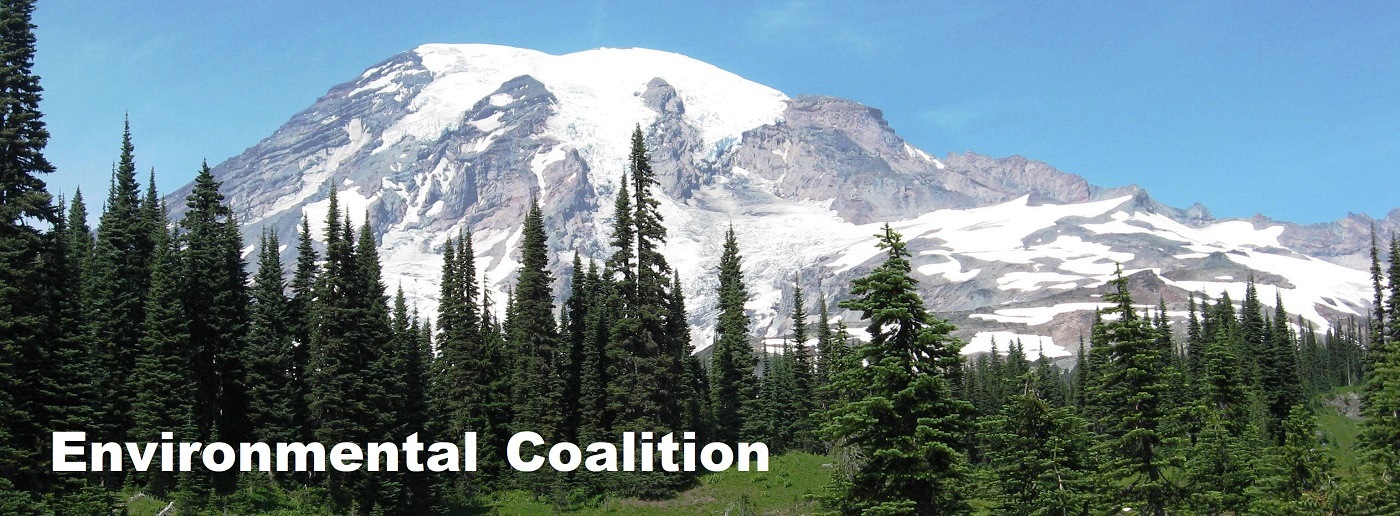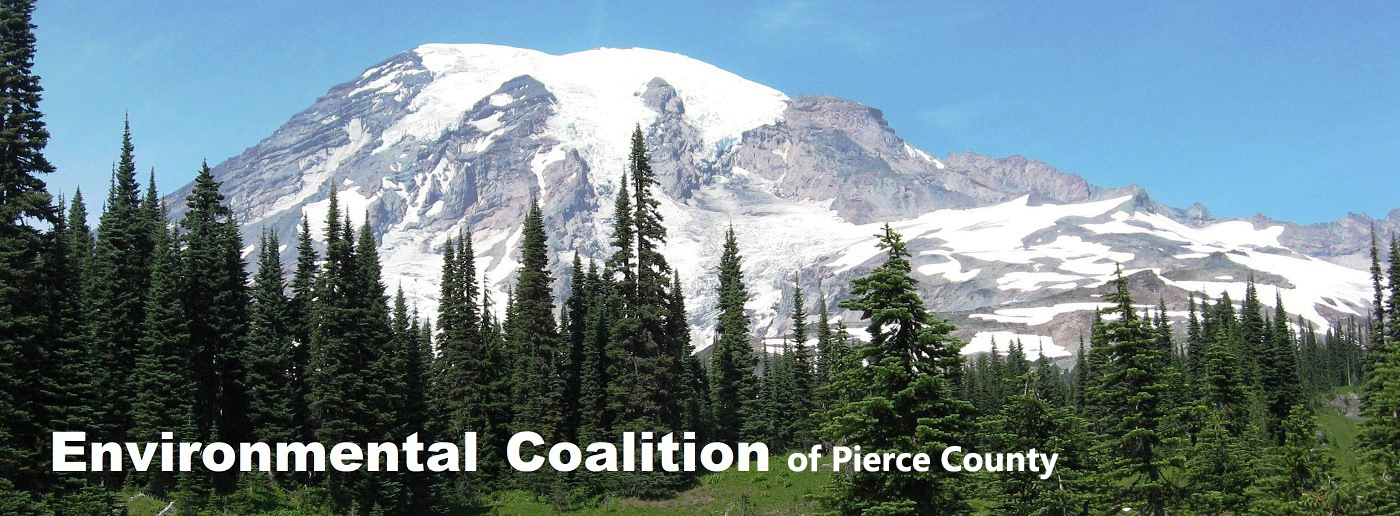Hurricanes like this one grow more powerful every season. Storm surges from these storms reached the second floor of many Florida beach condos. How do people remain optimism when facing increased crisis?
Finding s hope in the face of continued temperature increases
Author Hannah Richie finds hope among the grim news about Climate change.. Ryan Lash, reporter in the New York Times in December 2023 asked her how she manages to be hopeful as the climate is continuing to warm:
How do you remain optimistic:
Part of why I have optimism is that if you look at the trajectory we’re on, a decade ago it was in the range of three and a half to four degrees. We’ve chopped a degree off our trajectory based on solutions that we’ve implemented, but that’s not enough.
How do you reply to skeptics that believe ongoing scientific progress is going to fight the climate crisis or quickly enough.?
No, I think your skepticism is valid. I would’ve been in a very similar position 10 years ago or so. I wasn’t seeing the technological progress we would need to tackle many of these problems. In that frame, we would be relying on really strong political will — often against economic interests and maybe some short-term social interests — in order to enact these changes. But over the last decade in particular, we have seen transformative technological change.
The top four states in terms of wind-power capacity are Texas, Iowa, Oklahoma and Kansas. California, Texas, Florida and North Carolina are at the top for solar-power capacity. So this notion that for climate action to happen everyone needs to be convinced that climate change is a big problem — and the leaders in power also need to believe it — just doesn’t seem to be true when you look at the data.
Americans like clean energy across the board. What people on the right don’t like is people telling them they have to have solar and wind. They don’t like requirements or mandates. But if there’s good technology there, they will deploy it.
What people don’t like is being told that they have to do it on the basis of climate change. In some sense I don’t care whether they care about climate change because my framework for change is if the technologies are there, they’re cheap, they’re good, people like them, you don’t have to bring climate change into it at all. I think we’re at risk of pushing people the other way if you try to force the climate debate on them.
Hannah, in your most honest, unguarded moments, how optimistic are you that humanity will rise to the challenge of climate change?
We won’t reach 1.5 degrees, that’s gone. But I am optimistic we can get very close to two degrees. But the question is, Can we keep temperatures to two degrees and at the same time create resilience, lift people out of poverty, adapt such that we limit those damages as much as possible? On that, I’m fairly optimistic.
Information for this story came from New York times on December 31, 2023


